English
繁體中文
简体中文
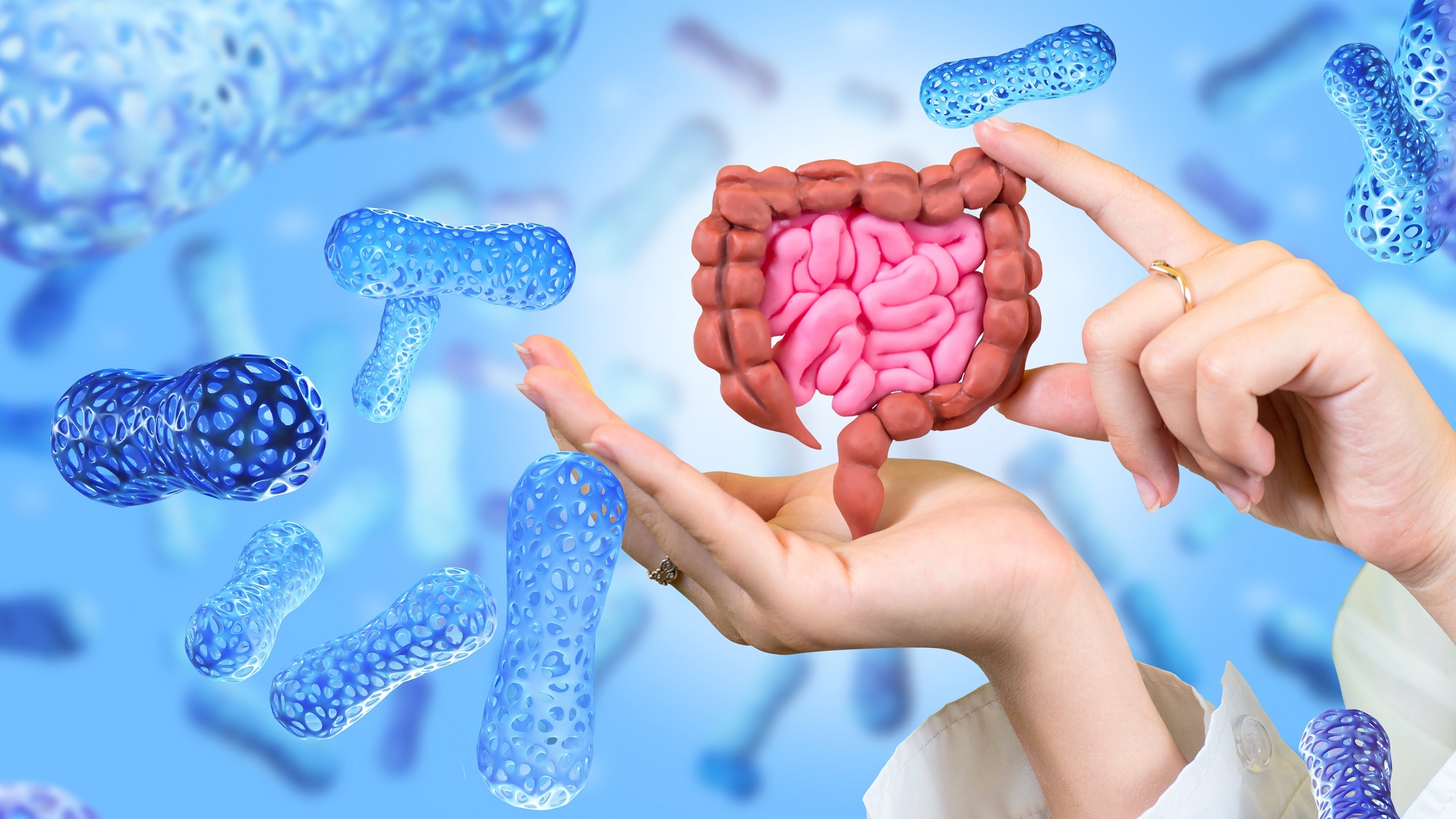
It might surprise you that our immune systems have a memory, and it is crucial in our battle against diseases like COVID-19. The secret of improving this memory might be living inside you already. A research team from CUHK’s Faculty of Medicine has discovered the critical role that certain gut bacteria can play in lengthening the duration of immune responses to COVID-19 vaccines. The problem is, not everyone has them. As a result, they’ve come up with a supplement containing the beneficial bacteria, and demonstrated how effective it can be in boosting immunity. Now they’re looking at what our gut microbiome can do to protect us from other diseases.
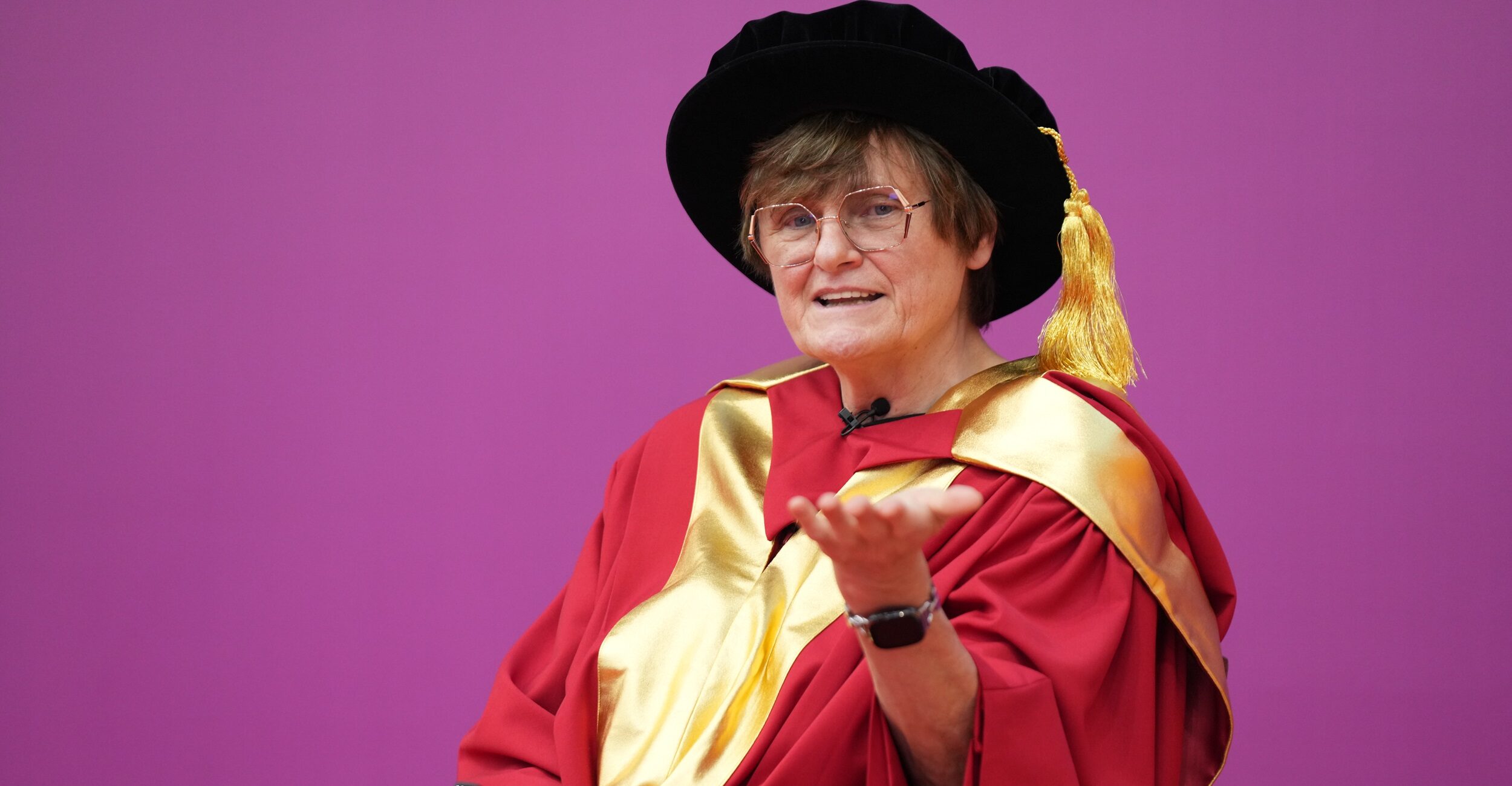
Professor Katalin Karikó’s story is a shining example of how the power of persistence can lead to discoveries that change the world. In the face of countless obstacles, she tenaciously pursued her vision of utilising mRNA for therapy for decades. Alongside Professor Drew Weissman, their research paved the way for the development of life-saving Covid vaccines. She embodies not only relentless pursuit of scientific knowledge, but also the hope to ignite passion and inspire young minds about the wonders of science.

The COVID-19 virus is mutating rapidly. As subvariants like BA.4 and BA.5 emerge, we must act fast to curb the pandemic. Vaccination is the most effective way to control epidemic, but the protection it offers declines as the virus evolves. Predicting vaccine effectiveness in a short time frame is key to winning this battle. CUHK researchers have developed a bioinformatics platform that can provide a snapshot of vaccine effectiveness in real time, instead of it taking months.
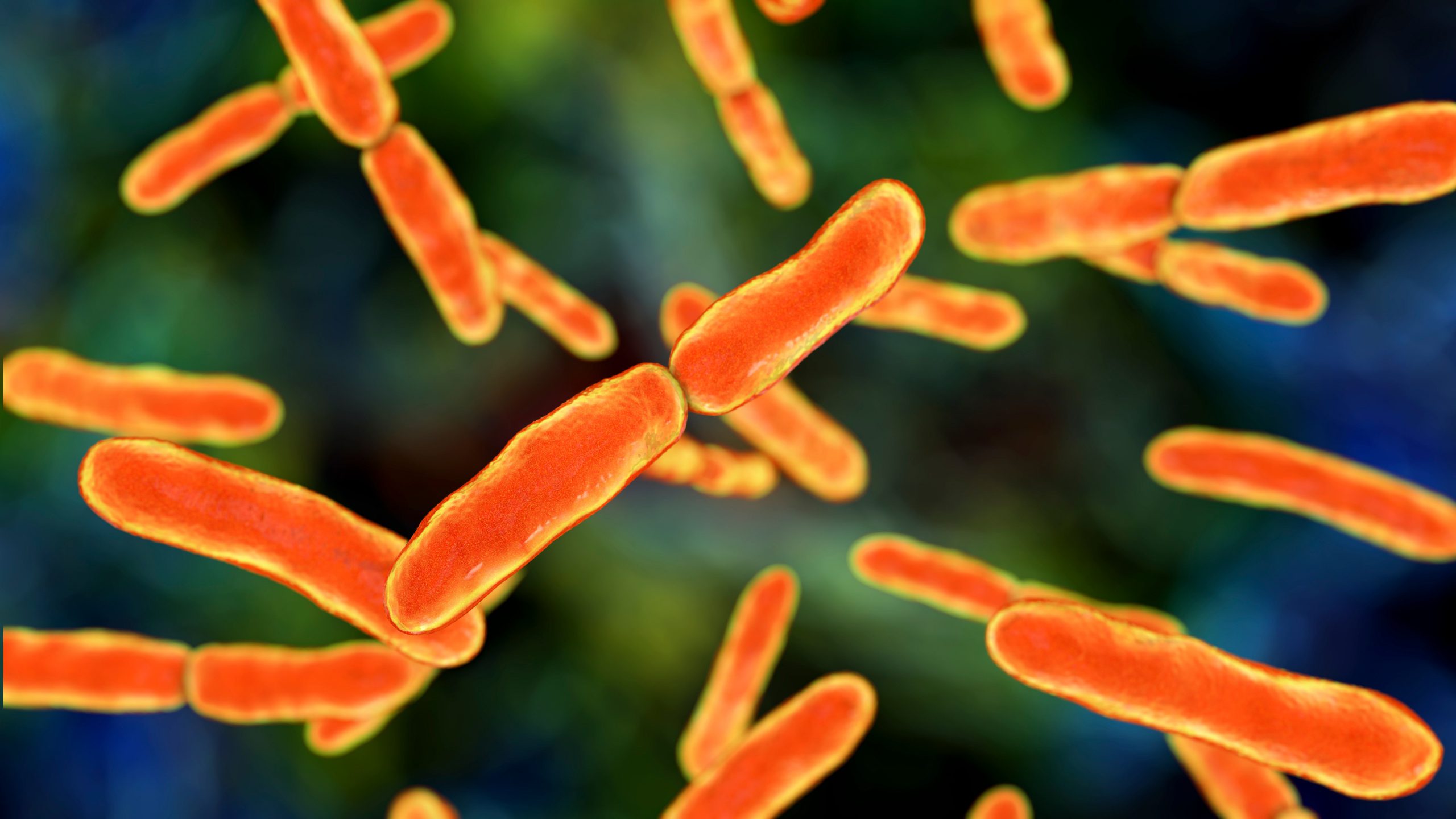
Sinovac and BioNTech work more effectively in people who have an abundance amount of a particular bacterium called Bifidobacterium adolescentis in their gut. In most of us, this reduces with age, modern diet, stress, and the use of antibiotics, and a joint CUHK-HKU study has found that those who lack it have a lower antibody response to the vaccines. This implies that modulating the gut has potential to power up the impact of COVID vaccines.
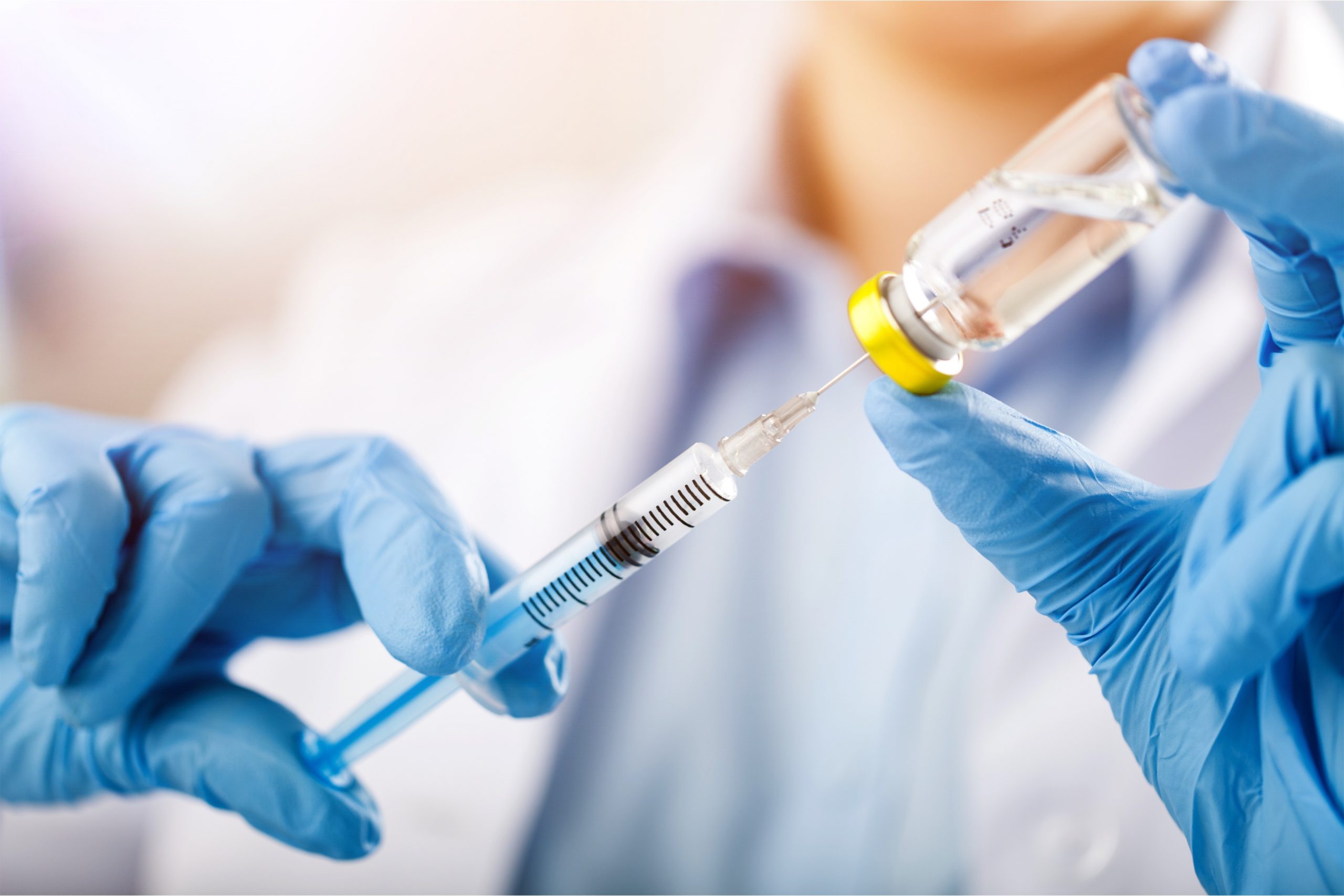
Innovative algorithms developed by a CUHK team, using bioinformatics analysis of virus genome, can estimate vaccine effectiveness (VE) by quantifying the relationship between the genetic mismatch between flu vaccines and current virus strains. This real-time prediction method of VE early in flu season gives the government a heads-up in selecting effective vaccines and organising resources before mass vaccination.
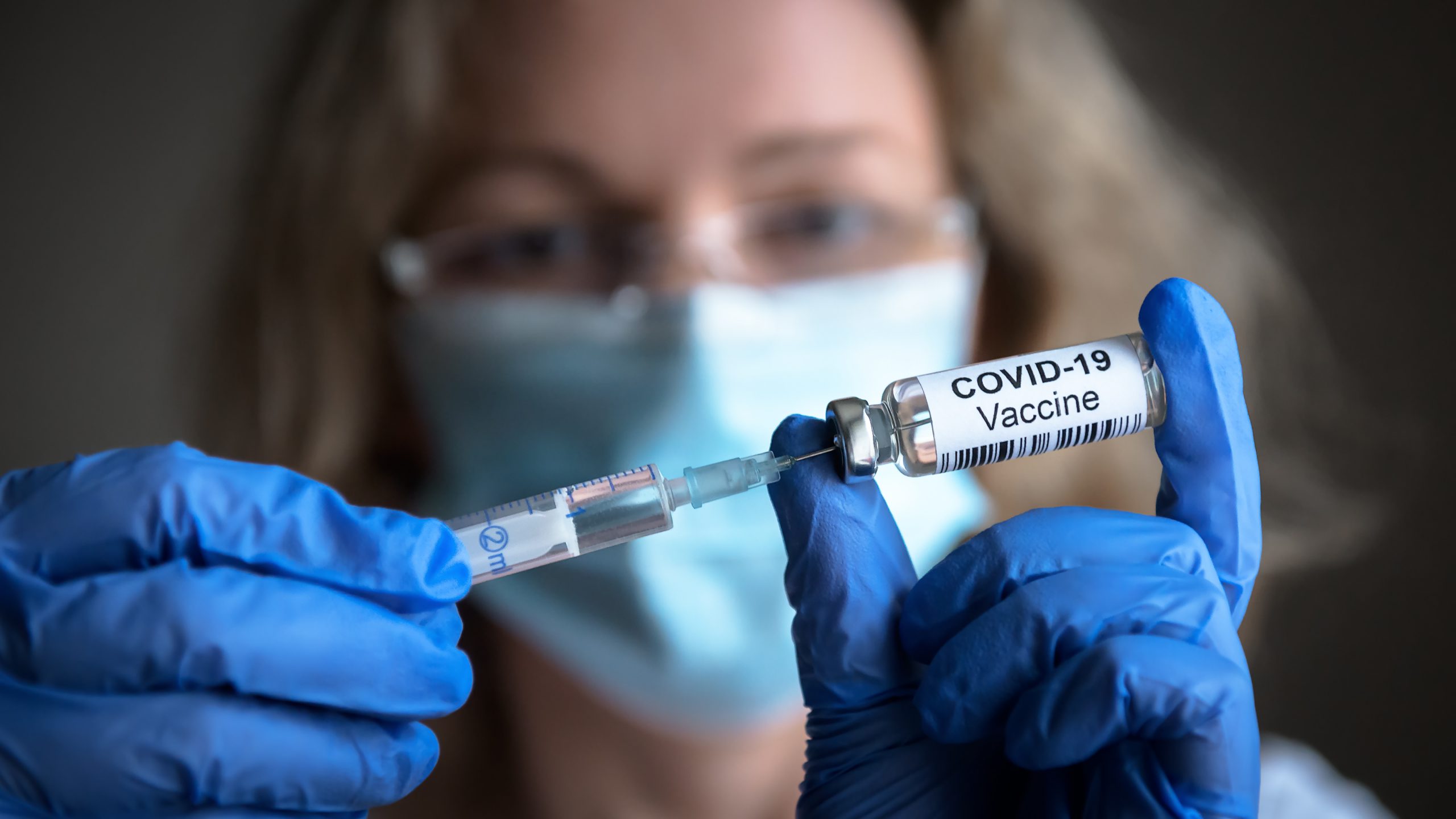
Research results show that physical distancing can only be relaxed in ratio to the rate of vaccination in the city’s population until herd immunity is achieved. A CUHK team developed a social contact index (SCI) which quantifies the effect of distancing and vaccination combined, to bridge gaps between intervention measures and disease transmission.